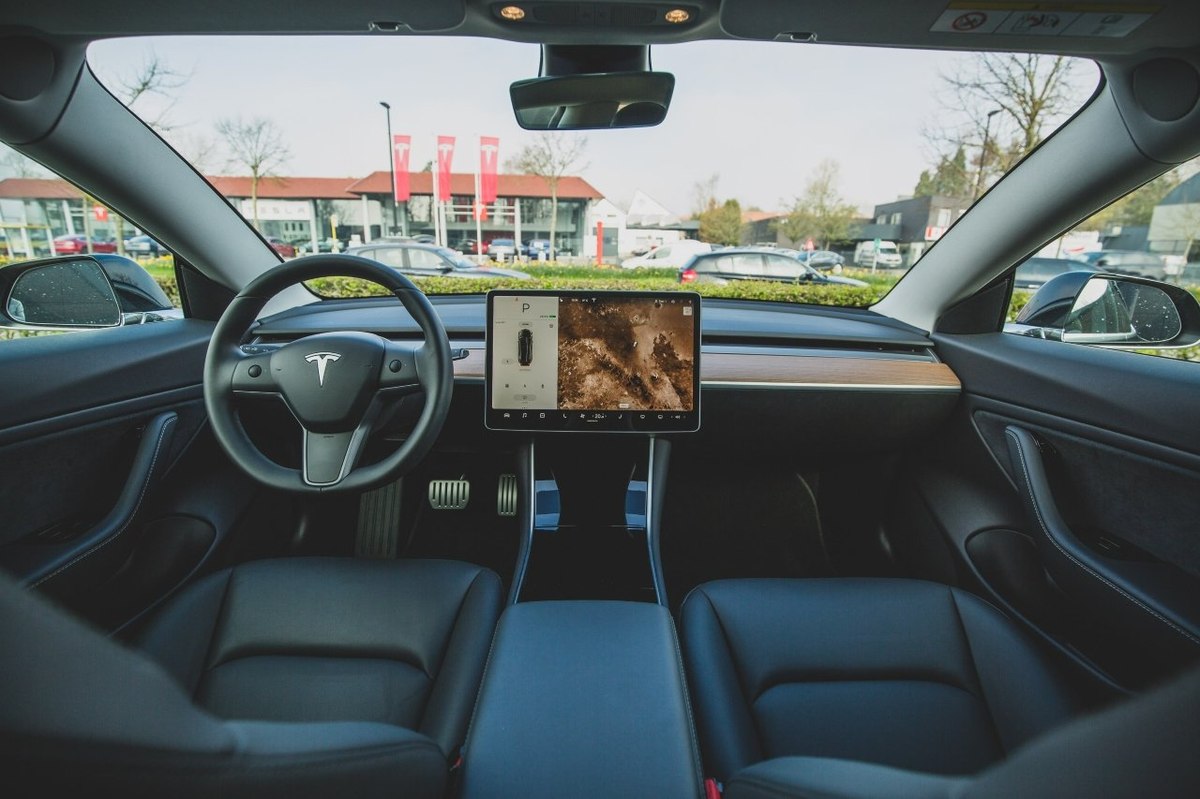
Self-driving cars: Are global consumers concerned about this technological advancement?
The CEO of Ferrari recently reinforced the company's intention to never build self-driving cars. But they are the exception to the current industry trend which sees nearly every brand working towards creating autonomous vehicles, so much so that some cities in the US are experiencing traffic jams and accidents caused by self-driving cars.
In a recent YouGov survey, we presented a handful of statements about technological advancements to people across 18 international markets and asked them whether they were concerned about progress in these areas.
The highest proportion of global consumers are worried about the coordinated or organized spread of false information on social media, a concern which registered with over two-thirds of respondents (68%). Around half of consumers are worried about robots taking over jobs (51%).
More than two in five global respondents (45%) express their worry about generative artificial intelligence (AI), which is a technology that uses prompts to generate text or images. Self-driving cars are a concern for 42% of respondents. Gene editing, a technology that modifies genes to treat or prevent diseases, registers 46% of worried respondents. The metaverse, a virtual world that people can interact with using virtual reality technology, worried 29% of respondents.
Data indicates that consumers are most likely to say they are not worried about self-driving cars (47%), followed by the metaverse and robots taking over their jobs (40% each).
Taking a closer look at consumers who are either ‘very worried’ or ‘somewhat worried’ about self-driving cars by market reveals some interesting differences.
Among the countries surveyed, Australia and the United States have the highest level of concern, with 51% of respondents in each country expressing worry about autonomous vehicles The United Kingdom and India follow closely behind, with 50% of respondents expressing concern.
Canada has a slightly lower level of concern compared to the US, with 49% of respondents expressing worry. But consumers in their neighboring country, Mexico, are far less likely to say they are worried, registering a similar level of concern as consumers in Hong Kong and China (37% each).
The rest of the APAC countries surveyed register slightly lower than the global average – Singapore (41%) and Indonesia (39%).
Apart from Britain where around half of consumers are concerned about self-driving cars and Germany and France (43% each), consumers in the other European countries surveyed are less likely than the global audience to be worried about autonomous vehicles. While a third of consumers in both Sweden and Poland (33% each) express worry, Denmark and Spain have the lowest levels of concern, with only 29% and 28% consumers respectively expressing worry.
Explore our living data – for free
To receive monthly insights about the automotive industry register here.
To read YouGov’s latest intelligence on the auto sector explore here.
Make smarter business decisions with better intelligence. Understand exactly what your audience is thinking by leveraging our panel of 20 million+ members. Speak with us today.
Methodology: YouGov Surveys: Serviced provide quick survey results from nationally representative or targeted audiences in multiple markets. The data is based on surveys of adults aged 18+ years in 18 markets with sample sizes varying between 512 and 2007 for each market. All surveys were conducted online in March 2023. Data from each market uses a nationally representative sample apart from Mexico and India, which use urban representative samples, and Indonesia and Hong Kong, which use online representative samples. Learn more about YouGov Surveys: Serviced.
Image: unsplash.com